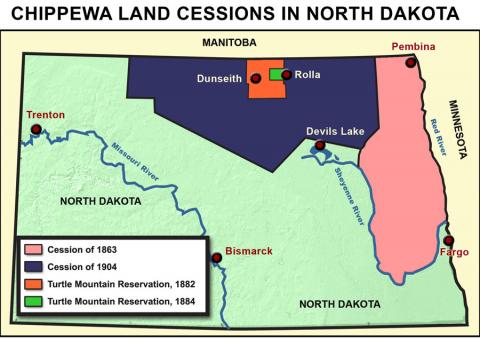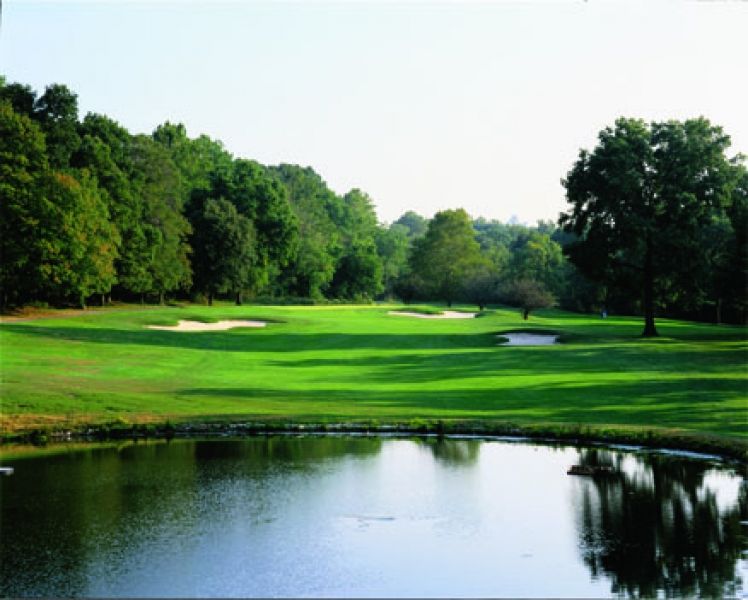Además, Slater ha argumentado que la inmersión comprende dos tipos de acciones válidas: acciones sensoriomotoras válidas y acciones efectivas válidas. Estas acciones válidas resultan en cambios en la percepción del usuario del entorno y cambios en el entorno mismo, respectivamente. Argumentamos que tanto la RF como la EPM forman parte de las acciones sensoriomotoras válidas.
No se tiene en cuenta a lo emocional, revisar articulo de: Sora-Domenjó C (2022) Disrupting the “empathy machine”: The power and perils of virtual reality in addressing social issues. Front. Psychol. 13:814565. doi: 10.3389/fpsyg.2022.814565 y Reis, António. (2023). Immersive media and social change: The ‘empathy machine’ is dead, long live ‘emotional geography’!. Anàlisi. 68. 135-154. 10.5565/rev/analisi.3539.


 Source from
Source from
 Bellevue is a city in the Eastside region of King County, Washington, United States, across Lake Washington from Seattle. It is well known for its rapid growing within preserving its suburban aspect.
Bellevue is a city in the Eastside region of King County, Washington, United States, across Lake Washington from Seattle. It is well known for its rapid growing within preserving its suburban aspect.

 Source from
Source from  Source from
Source from 



